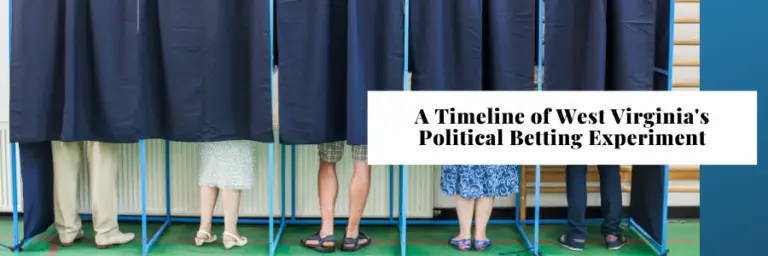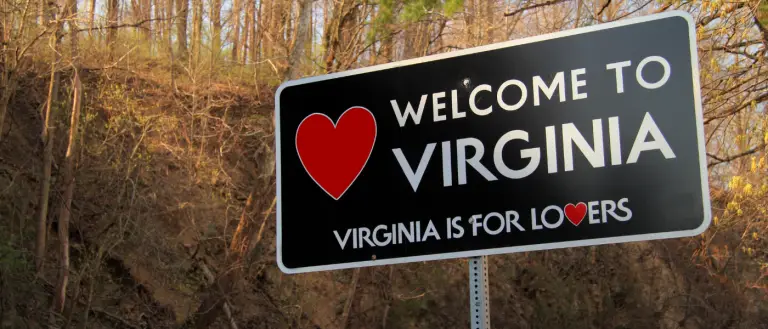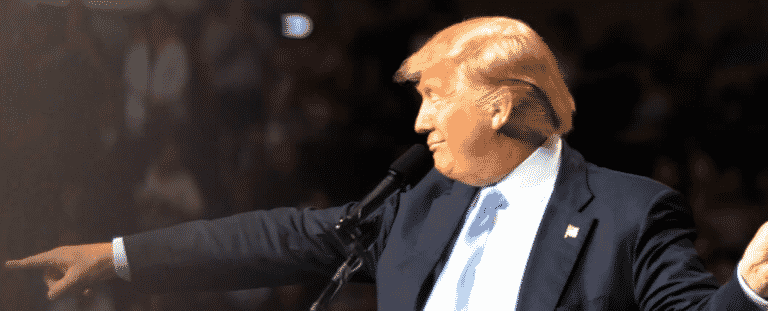Florida-Seminole Tribe Sports Betting Compact Approved

The Federal Department of the Interior neither approved nor disapporved a compact agreement between the Seminole Tribe and the state of Florida that would, among other things, bring retail and mobile sports betting to the Sunshine State. That means the compact goes into effect by default.
The DOI decision paves the way for sports betting in the state, including mobile wagering. With the green light, the Seminole Tribe has exclusivity for online sports betting and operations within its gaming venues.
Along with offering sports betting, the casinos are allowed to add new games. The compact also includes roulette, dice games, and fantasy sports.
Bringing Sports Betting to Florida
After Governor Ron DeSantis signed the agreed-upon compact, officials sent the agreement to the Department of the Interior. The Department had 45 days to decide whether the deal would be approved or not. Officials took no action within that time frame, so the compact is approved by default. Once published in the Federal Register, the compact is the law, but as the next section details, there will undoubtedly be legal challenges.
The Seminole Tribe can sign partnership deals with pari-mutuel facilities in the state to offer services in the sports betting sector. The downside for the Tribe is that they must pay a 13.75% tax on revenues from these services. This specific provision was singled out by the DOI as not without concern.
Florida expects to receive $2.5 billion or more in new revenues from the industry within the next five years. As much as $6 billion is expected by 2030. The 30-year deal could bring as much as $20 billion or more to the state once it runs its course.
Governor DeSantis commented on the approval by stating:
“The final approval of this historic gaming compact is a big deal for the State of Florida. This mutually beneficial agreement will grow our economy, expand tourism and recreation, and provide billions in new revenue to benefit Floridians.”
Opponents Question the Compact’s Legality
While sports fans and the Seminole Tribe are excited about the sports betting approval, opponents continue to question the legality of the compact. Once the compact deal went public, opponents shot it down, stating it is not constitutionally sound.
Amendment 3 of the state constitution says that a voter referendum must approve any casino gambling outside a tribal venue. The compact gives pari-mutuels, jai-alai frontons, and dog tracks the right to offer services.
These facilities are not tribal-run, so opponents say the compact violates Amendment 3 due to this fact. However, the Tribe argues that the agreement calls for tribal casinos to host sports betting servers, so a referendum is not required.
One group that opposes gambling expansion in Florida is known as No Casinos. After the announcement of federal approval was made public, the group’s president came forward with a statement. John Sowinski said that the group is deeply disappointed that the Department of Interior did not act on the compact. Even though the inaction approves the deal, No Casinos says it does not change that the agreement violates several Federal laws and the state constitution.
Sowinski stated further:
“This issue will have its day in both State and Federal Courts, where we are confident that this compact will be overturned. We are committed to ensuring that the people of Florida will always have the final say on gambling as required by Florida’s Amendment 3.”
If no further action occurs in the court system, sports betting could start as early as October 15. However, it seems No Casinos is not prepared to give up just yet, so a court battle may ensure before then.
And then there is the effort to legalize sports betting in the state spearheaded by FanDuel and DraftKings.
In summary, despite the relatively good news from DOI last week, Florida sports betting is far from resolved.
Sadonna brings creativity and knowledge to create quality gambling industry news coverage. The gambling landscape is constantly changing and Sadonna stays on top of the latest developments, good and bad. Sadonna plays a vital role at BettingUSA.com in providing current updates with fully-researched news pieces.







